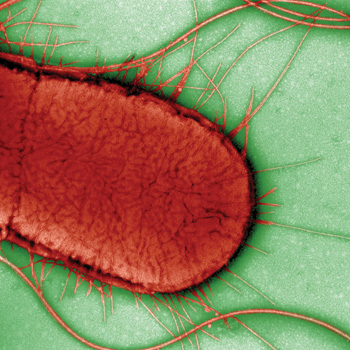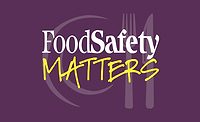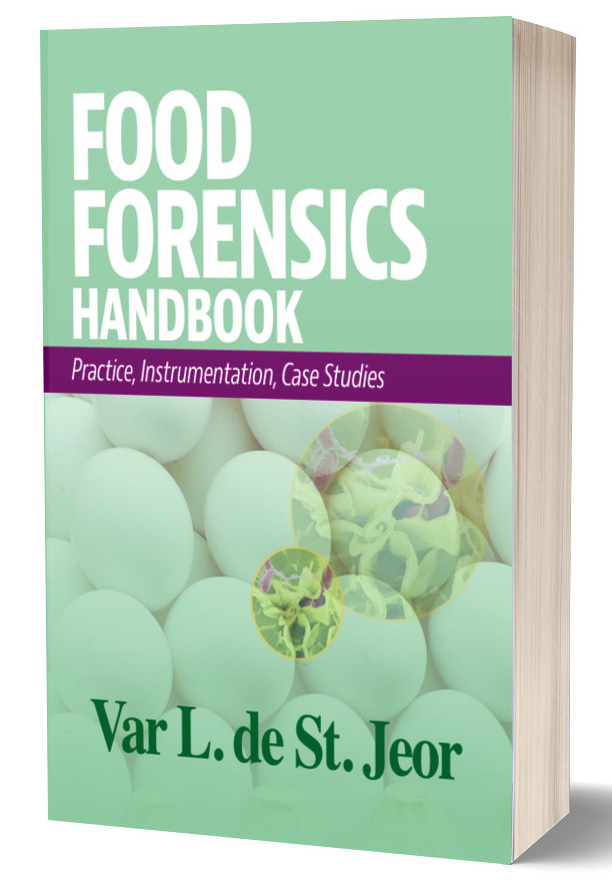Setting the Standard with “Big Six” non-O157 STEC Reference Materials

The United States Centers for Disease Control and Prevention estimates that non-O157 Shiga toxin-producing Escherichia coli (STEC) bacteria are responsible for 36,700 illnesses, 1,100 hospitalizations and 30 deaths annually. The majority of these infections have been associated with six specific serotypes: STEC 026, 045, 0103, O111, O121 and O145. The strains, which are referred to as the “Big Six,” have been linked to a growing number of foodborne illnesses, prompting the U.S. Department of Agriculture (USDA) to add them to their test regimen. USDA now requires routine verification testing for the presence of STEC serogroups O26, O45, O103, O111, O121 and O145 in raw beef manufacturing trimmings and other raw ground beef components produced domestically as well as those imported. ATCC is pleased to now offer reference strains and genomic DNA from each of the six non-O157 STEC serotypes to the food safety community for quality control (QC) testing and assay validation.
“The global community has been experiencing food-associated outbreaks of non-O157 Shiga toxin-producing E. coli for years,” says Raymond H. Cypess, D.V.M., Ph.D., ATCC President and CEO. “Our role is to equip food safety programs worldwide with well-characterized standard materials for microbial testing,” he adds. Food microbiology laboratories look to the ATCC brand to provide the top-quality microbial reference materials needed to maintain outstanding programs. Since 1925, ATCC has set the standard for authenticating and distributing biological materials for research and testing in the life sciences. ATCC’s mission is to acquire, authenticate, preserve and distribute biological materials, information, intellectual property and standards for the advancement, validation and application of scientific knowledge.
Food producers, distributors and retailers understand the importance of effective microbiological testing for assuring consumer safety and protecting their reputation and business performance. Microbial reference strains with confirmed identity, viability and purity, backed by meticulous laboratory procedures that minimize subculturing, are important for effective product safety testing. Whether in QC testing, process validation or research and development, the microbial materials used should be considered vital factors in generating valid, accurate results. Therefore the selection of reference materials from a supplier that assures quality and reliability is critical. To identify microbial reference materials that are produced, tested, preserved and stored with the unparalleled expertise that comes from over 85 years of experience, look to ATCC. “As a global biological resource center devoted to science and the public health, we take very seriously our responsibility to ensure the safety and quality of the reference materials provided by ATCC,” explains Liz Kerrigan, Director of Standards at ATCC. “QC microbiologists worldwide deserve to know with certainty that any materials they obtain for QC testing of the food supply are authentic.”
Authenticated reference materials bring consistency to QC tests and allow results to be meaningfully compared among a group of laboratories. They provide the consistency needed to standardize assay comparisons, interlaboratory comparisons of existing or new protocols and evaluation of factors that contribute to assay variability. ATCC now provides pre-selected Microbial Panels containing either strains or genomic DNA from each of the “Big Six” non-O157 STEC serogroups. The panels can be used to challenge assay performance, validate or compare test methods and to establish sensitivity, linearity and specificity during assay validation or implementation. They are an important tool for method validation and method-performance verification.
ATCC reference strains and genomic DNA from each of the six non-O157 STEC serotypes have been tested for Shiga toxin (stx1 and stx2) and the gene that encodes for intimin (eae), an adherence protein. Non-toxigenic strains are also available.
Don’t take chances on the quality of your QC materials. Insist on products that meet ATCC’s high standards of full characterization and low passage number. Look to the ATCC brand for “Big Six” non-O157 STEC QC reference materials.
atcc.org
Looking for a reprint of this article?
From high-res PDFs to custom plaques, order your copy today!







